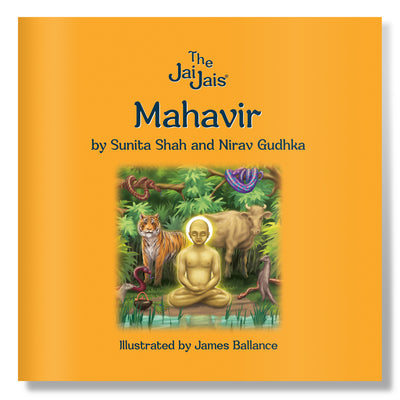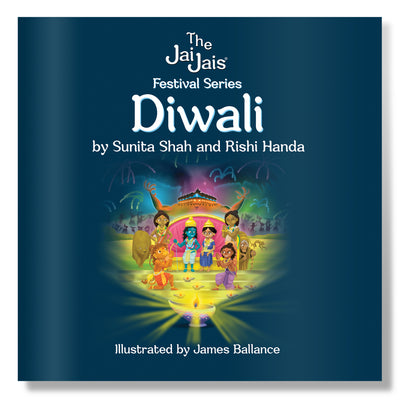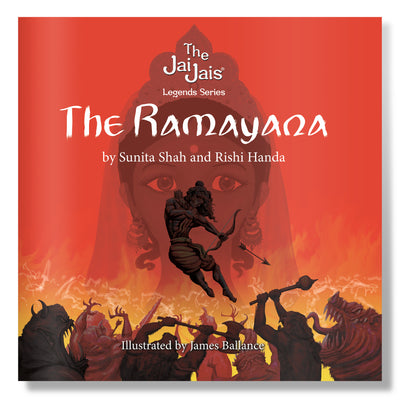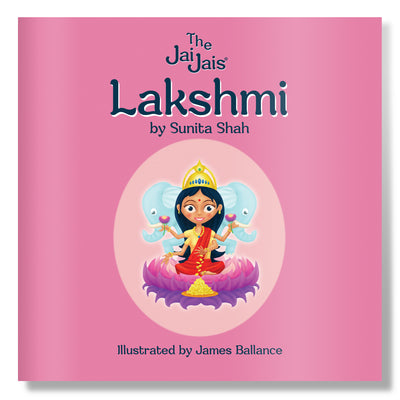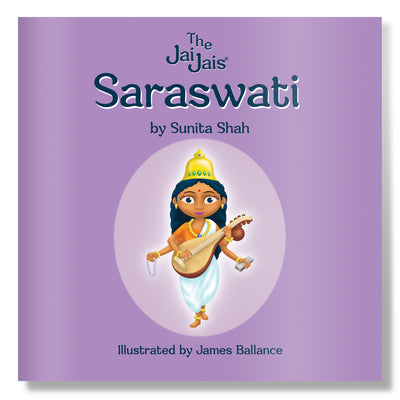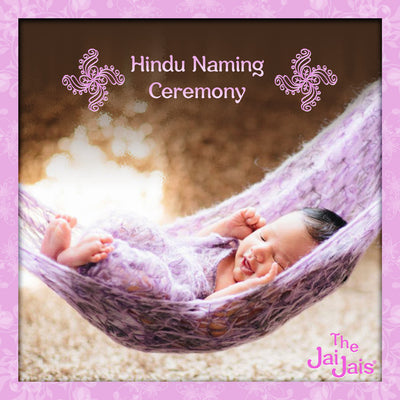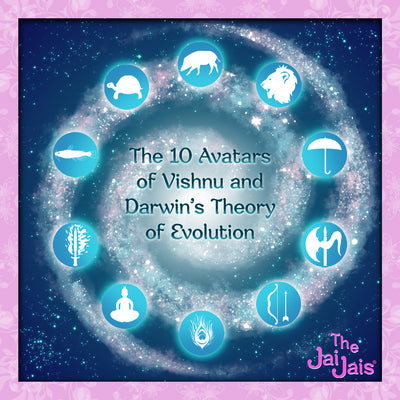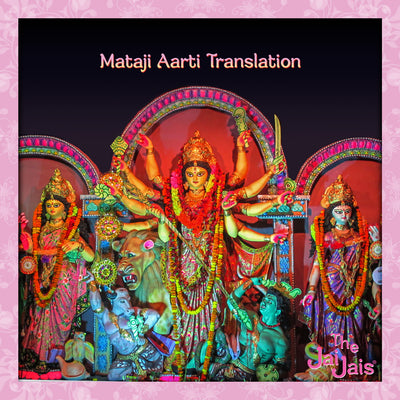Mahavir is the most important personality in the Jain religion, for he was the last in the line of 24 Tirthankars in the current time cycle.* Tirthankar means “Ford Maker” – so a Tirthankar is one who who has succeeded in crossing over life's stream of rebirths and has made a path for others to follow. Being the last of the 24 Tirthankars, Mahavir’s teachings are those that are followed by Jains today. However, the teachings are no different to those preached by all of the other Tirthankars that preceded Mahavir.
As with all the other Tirthankars, Mahavir lived much of his life as a royal prince. While most of the other Tirthankars had also married and had children (whilst living a religious life) Mahavir decided this was not for him. He instead renounced his royal life at the very young age of 30 – to become a Jain Sadhu (monk). Can you imagine living a life of extreme luxury, but deciding to give that all up to live in the jungle without any possessions? That’s exactly what he did… why? Because he realised true happiness did not lie in those possessions, but instead lied within himself.
As a Monk, Mahavir lived a very simple, but contented life. He spent most of his time in deep meditation, focusing on his soul – the source of his happiness. At the age of 42, he transcended from this state of partial happiness, to a state of complete, unwavering happiness. Along with this state of happiness came a state of omniscience – he had developed knowledge of every single thing in the universe, past, present and future. This is when he became the Tirthankar he was destined to be. Finally, after 30 years as a Tirthankar, spreading the principles of Jainism to disciples all across India, he went on to attain complete liberation from the world as we know it. He left his embodied state, as he ascended to the very top of the universe, as a pure, bodiless soul, known as a Siddha.
The day of his liberation over 2000 years ago, is celebrated by all Jains as the day of Diwali. For Jains it is a day to reflect on the goal that Mahavir realised, which is the same goal that Jains aspire to realise for themselves eventually. As such, a Jain Diwali celebration is very different to that in other traditions. It is one of introspection – reflecting on the qualities of Mahavir, which are the same qualities we possess. Just as Mahavir realised these qualities, by following his teachings, we too can realise them and achieve the same liberated state as he did.
* Per Jainism time is infinite, and cycles over and over like a pendulum. In each cycle there are 24 Tirthankars
Thanks to Nirav Gudhka for this blog.

